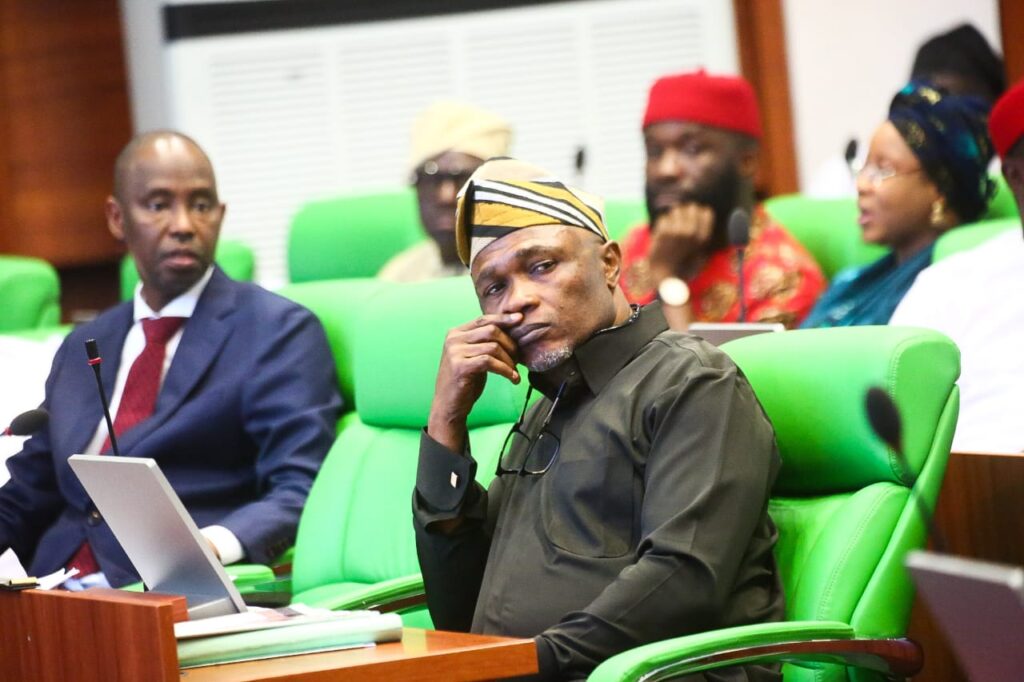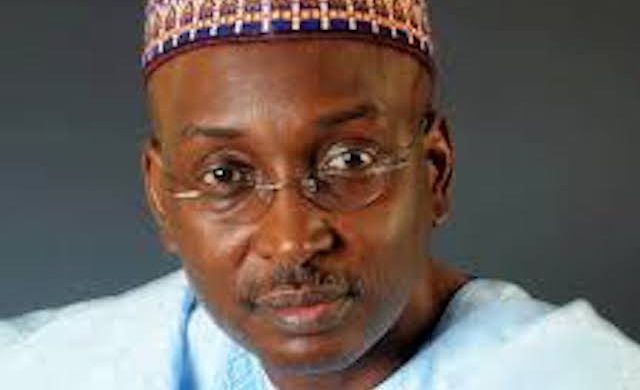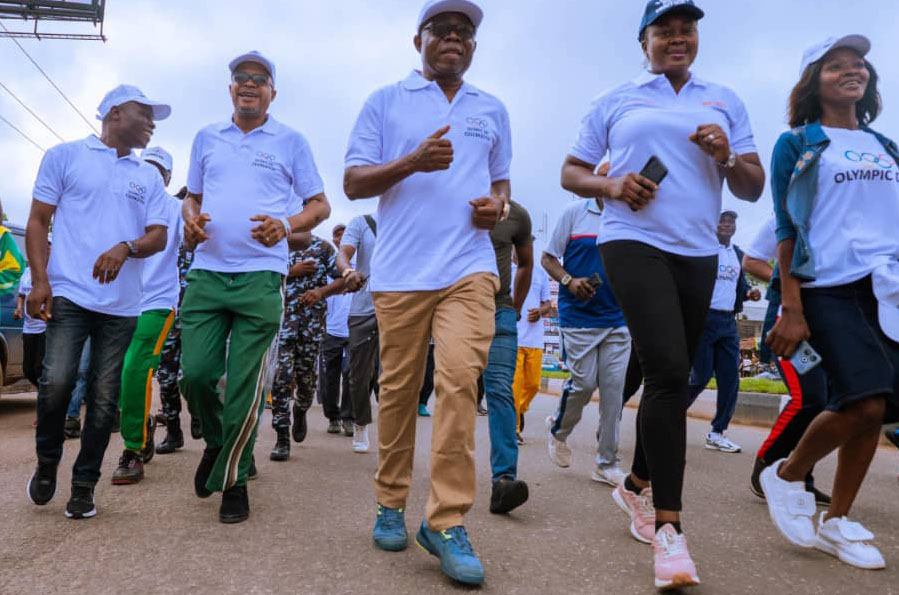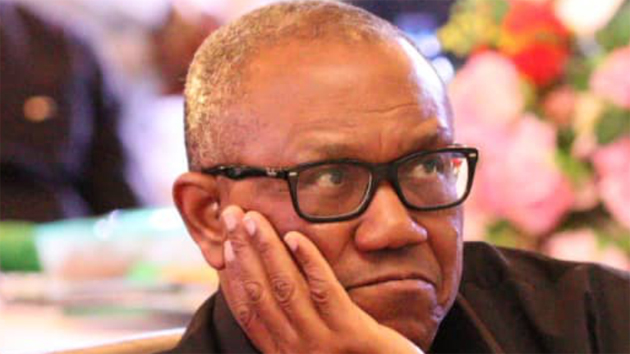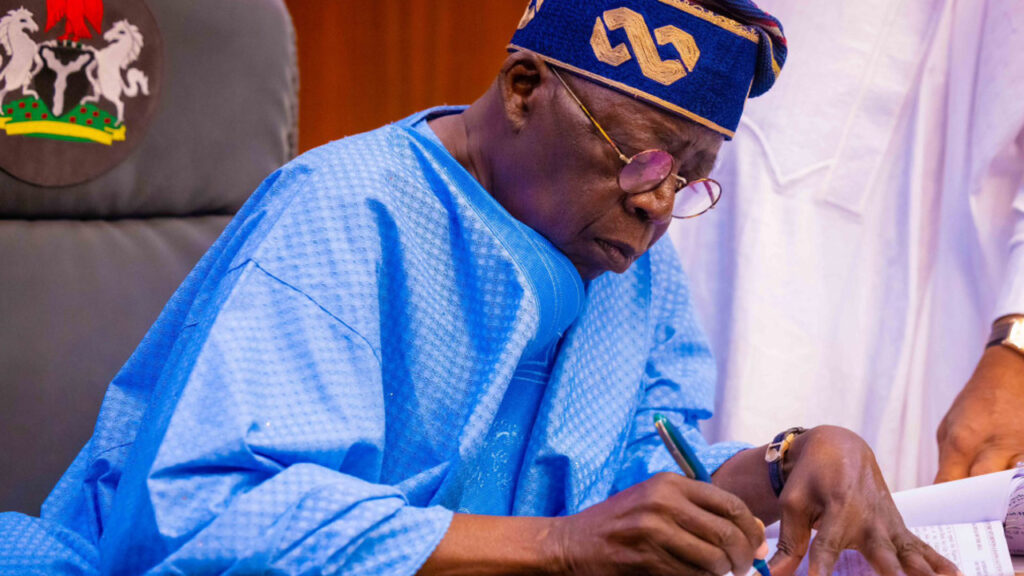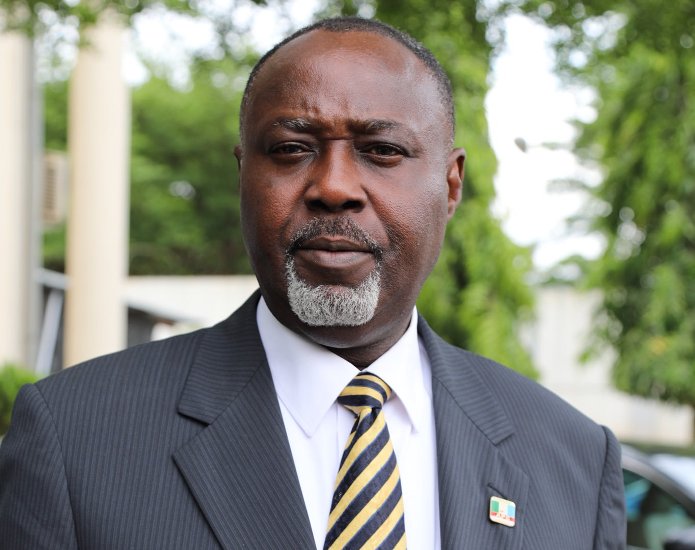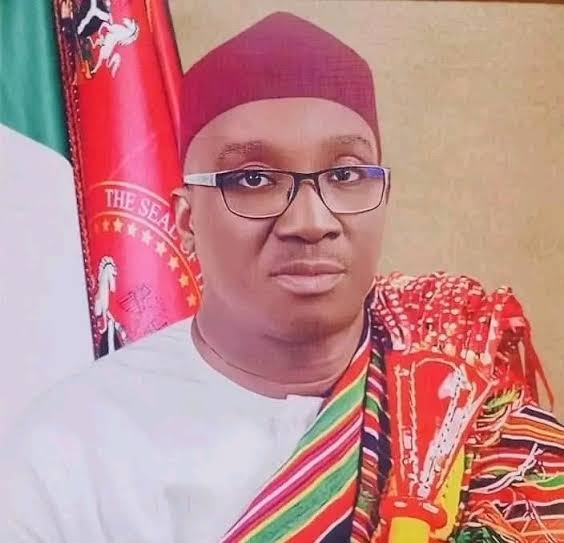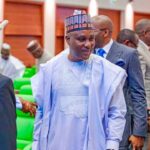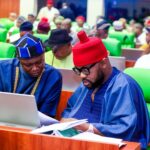
Minority Leader of the House of Representatives, Rep Kingsley Chinda, has emphasised that despite the numerous failures recorded in Nigeria’s 25 years of unbroken democracy, it remains the best form of government compared to autocracy, which he described as suicidal.
Chinda, representing Obio/Akpor Federal Constituency of Rivers State, made this disclosure during a chat with journalists in Abuja on Tuesday.
Chinda, who has a history of standing against military rule, stated: “I would have clearly been in that class of persons that would say, look, there is nothing at all to talk about democracy in Nigeria. But I belong to the group of persons that stood firmly against military rule in Nigeria. At least I’ve gone through detention while in school to say no to military rule.”
“For anybody who thinks that democracy is not good, try autocracy. You will see the difference. And so I believe that the worst democratic government is better than the best autocratic government,” he continued.
Chinda acknowledged the freedoms that democracy affords, such as the ability to speak freely and hold interviews without fear of repression. However, he pointed out significant shortcomings in Nigeria’s democratic journey, particularly in terms of security and welfare.
“We are seated here today talking to ourselves, speaking freely, because we have a democracy. There are days that you cannot sit with me in this room to hold this interview, even whilst I am the leader of opposition in the country. We need to hide in a conclave somewhere for us to discuss like this. And as we are discussing, we are watching our back.”
He highlighted that while democracy has brought advantages, the Nigerian government has failed to provide adequate security and welfare for its citizens.
“If we talk about security in Nigeria today, it’s worse than it was 25 years back. Twenty-five years back, you could travel from Port Harcourt to Sokoto, even at night. Today, even in the afternoon, moving from Port Harcourt to Abuja is considered risky.”
Chinda also criticised the current state of public services, noting that public taps, schools, and health facilities were better 25 years ago.
“Today, Nigerians provide for themselves. You provide your security, power, education, and health care because public systems have failed.”

Chinda underscored the role of the opposition in addressing these failures and holding the government accountable. He mentioned recent actions taken by opposition members, such as intervening on security issues and opposing unfavourable policies like the Central Bank’s controversial circular.
He said: “Most recently, we talked about the cyber security issue and the implementation of that law, which led to a lot of brouhaha in society. We intervened quickly to say no. The Central Bank circular, which intended to impose fees on Nigerians, was not correct, and it should be withdrawn. Fortunately, the president reacted and responded to it and withdrew that circular.”
Chinda praised the Local Content Act for its positive impact on the oil and gas sector, advocating for its extension to other sectors like construction, medical, and ICT to develop local capacity and create jobs.
“The Local Content Act has allowed more Nigerians to become big players in the oil and gas sector. We felt it should also extend into other aspects of our economy,” he said.
Chinda concluded with a call for reflection and action to prevent Nigeria from becoming a failed state.
He said: “Whilst we celebrate 25 years of democracy, we must also take stock and remind ourselves that we are failing. If we continue without taking a proper course, we are bound to disintegrate as a country because the signs of a failed state are there. Government is just struggling to hold back. At a point, the centre might no longer hold. So, we need to be careful as Nigerians.”
He called on the government to improve security and welfare, urging citizens to hold their leaders accountable to ensure Nigeria’s democracy delivers on its promises.

